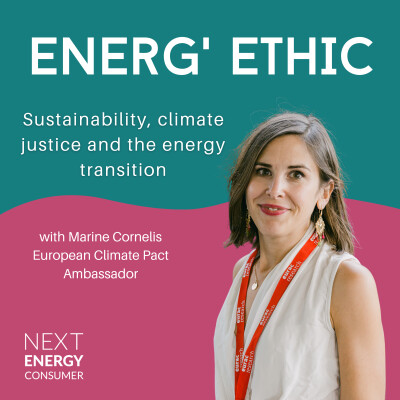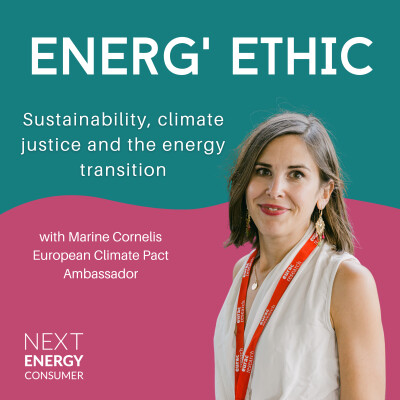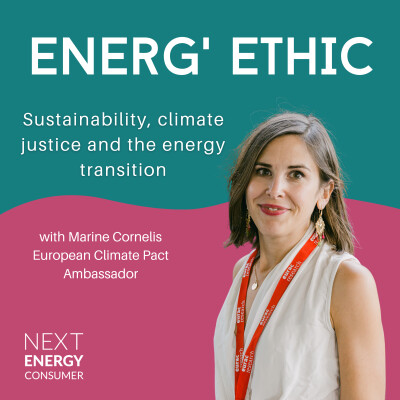Description
with Junior Mbangala, researcher at Oxford and policy analyst at the WTO
What if the energy transition was less about infrastructure—and more about invisible connections?
In this episode, Junior Mbangala introduces a quietly radical idea: the rhizome. Borrowed from philosophy, this root-like, messy, decentralised structure becomes a powerful lens to rethink energy systems. Not as neat grids or market mechanisms—but as webs of trust, knowledge, and social ties.
👣 From working-class neighbourhoods in Liège to sub-Saharan Africa, Junior uses social network analysis to map how energy communities actually function:
Who participates?
Who holds influence?
And who gets left out, even when it all looks inclusive on paper?
Forget the top-down diagrams. Junior invites us to see energy not as a service, but as a social system. One where:
✨ Knowledge spreads like a rumour
🔗 Participation relies on trust, not just access
🌱 Change starts in the margins—and travels sideways
💬 “Each one, teach one,” he says. “The rhizome helps us grow differently—but together.”
🧠 What you’ll hear:
How network thinking reveals invisible power structures in energy communities
Why the “community” in energy community needs to come first
What Deleuze and Guattari have to do with just transition policies
Why hope—yes, hope—is a form of energy, too
📍This episode isn’t about electrons. It’s about entanglements. And how, if we’re serious about justice, we need to start mapping the roots—not just building the tree.
🎧 Listen now. And maybe never think about “inclusion” the same way again.
Energ' Ethic goes out every other week.
Keep up to date with new episodes straight from your inbox
Reach out to Marine Cornelis via BlueSky or LinkedIn
Music: I Need You Here - Kamarius
Edition: Podcast Media Factory
Support Energ'Ethic on Patreon
© Next Energy Consumer, 2025
Hosted on Ausha. See ausha.co/privacy-policy for more information.




![[SUMMER REPLAY] The Access-Washing Dilemma: Are Development Goals Missing the Mark? William Brent cover](https://image.ausha.co/FUKI0iaVOTA47wfk3mdVJmwmThZfxAm8D3mKduSU_400x400.jpeg)
![[SUMMER REPLAY] Building Better Lives: Monica Vidal's Journey to Promote Energy Efficiency and Climate Justice cover](https://image.ausha.co/lgLMXPCrmicBgmpP3VdzRxULKJcoKjQ0GSWNjbw5_400x400.jpeg)